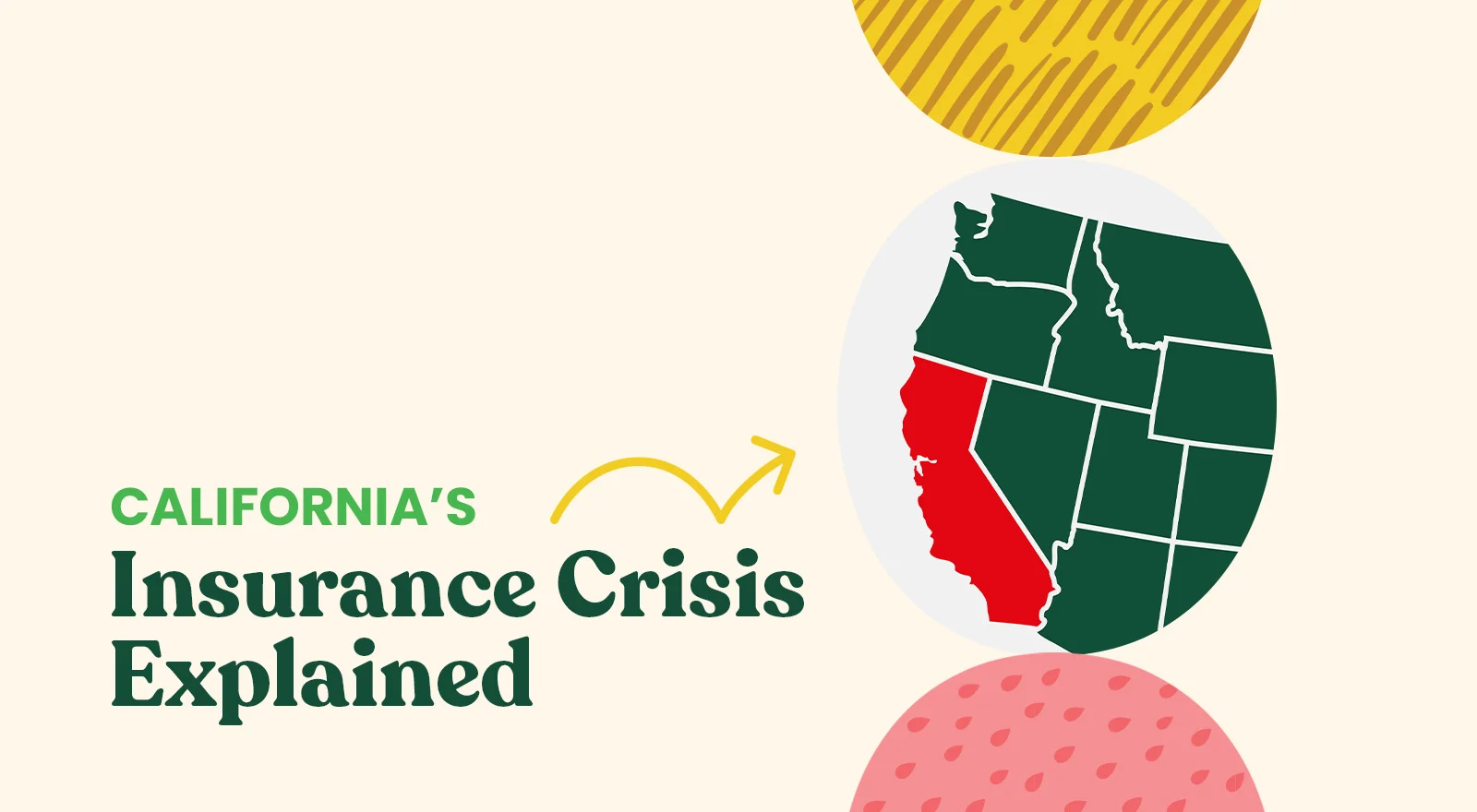California’s top insurance provider sent shockwaves through the insurance world when they announced they would no longer accept new lines of business for home and commercial policies in California, effective May 27, 2023.
State Farm cited “historic increases in construction costs outpacing inflation, rapidly growing catastrophe exposure, and a challenging reinsurance market” as motivating factors for its decision to pull out of the state, according to a company press release.
Several days later, Allstate also cited reasons for leaving the state’s home insurance market.
These industry-disrupting moves aren’t isolated incidents but rather the culmination of the ongoing wildfire crisis that has been smoldering beneath the surface of California’s insurance market for over the past several years.
Wildfires Put Strain on Insurance Market
Destructive wildfires aren’t new to the state, but they have become increasingly costly for Californians.
Over the past five years, fires have destroyed over 25,000 homes, and in 2018 – the worst year on record for the state — homeowners filed over $11.7 billion in wildfire claims alone. Across the same time period, the state has averaged over 2,500 wildfires and 15,000 acres of damage per year.
Recently, California has tried being proactive with several initiatives, including establishing a high-risk insurer, backing fire-resistant home construction and issuing real-estate guidance to encourage local governments to prioritize mitigation efforts aimed at preventing homeowners from facing devastating financial consequences.
Although State Farm has recognized “the Governor’s administration, legislators, and the California Department of Insurance (CDI) for their wildfire loss mitigation efforts,” it has not been enough to convince them to stay in the property and commercial insurance market for the time being.
In addition to the increased wildfire risk, State Farm also blamed expensive construction costs making it extra costly to rebuild after a home is destroyed in California as well as “a challenging reinsurance market.”
Premiums for reinsurance — the risk management practice in which an insurance company transfers a portion of its potential losses to another insurance company, known as the reinsurer — have increased recently in California due to wildfires.
Changes in insurance premiums in California can only be approved or denied by the state’s elected insurance commissioner. This has prompted an outcry from some industry leaders that they have not given insurance carriers the ability to establish prices proportional to the high cost of selling coverage in the state.
While some advocates claim California Insurance Commissioner Ricardo Lara has the authority to force these major insurance companies to continue offering coverage, the move is unlikely as it could drag the state into a lawsuit that could last several years.
Are Other States in Trouble?
Major policy and industry decisions in the Golden State are often seen as precursors for the rest of the U.S. — AKA, the “California effect.”
Research has shown certain regions of California, Texas, Oregon and Washington State are experiencing fire weather conditions more than twice as frequently as in the early 1970s. As wildfires are increasing in these states, it’s possible major insurers may entirely pull out of these states or at least limit their business in areas that are higher risk.
Although major companies haven’t completely left other states because of wildfire damage, California isn’t the first where major insurers have grown increasingly concerned or limited their business over other extreme climate-driven factors.
Stronger hurricanes and similar storm systems have complicated the insurance market for providers and consumers alike across the South.
An increasing severity of hurricanes in the Gulf Coast has left tens of thousands of Texas homeowners to seek coverage with the state’s chartered backstop insurer — alarming local officials and insurers alike.
Florida also has a limited home insurance market with high rates due to the risks posed by the increasingly stronger hurricanes and other types of storms from the Gulf Coast.
We understand the future may feel hazy, but at Melon Local, we always stay up to date with the latest happenings in the insurance world so we can continue to “ex-seed” your expectations .
Ready to learn how we can deliver fresh, quality leads in your local market? Schedule your demo today, and we’ll be happy to show you why we’re One in a Melon when it comes to other insurance marketing agencies.

